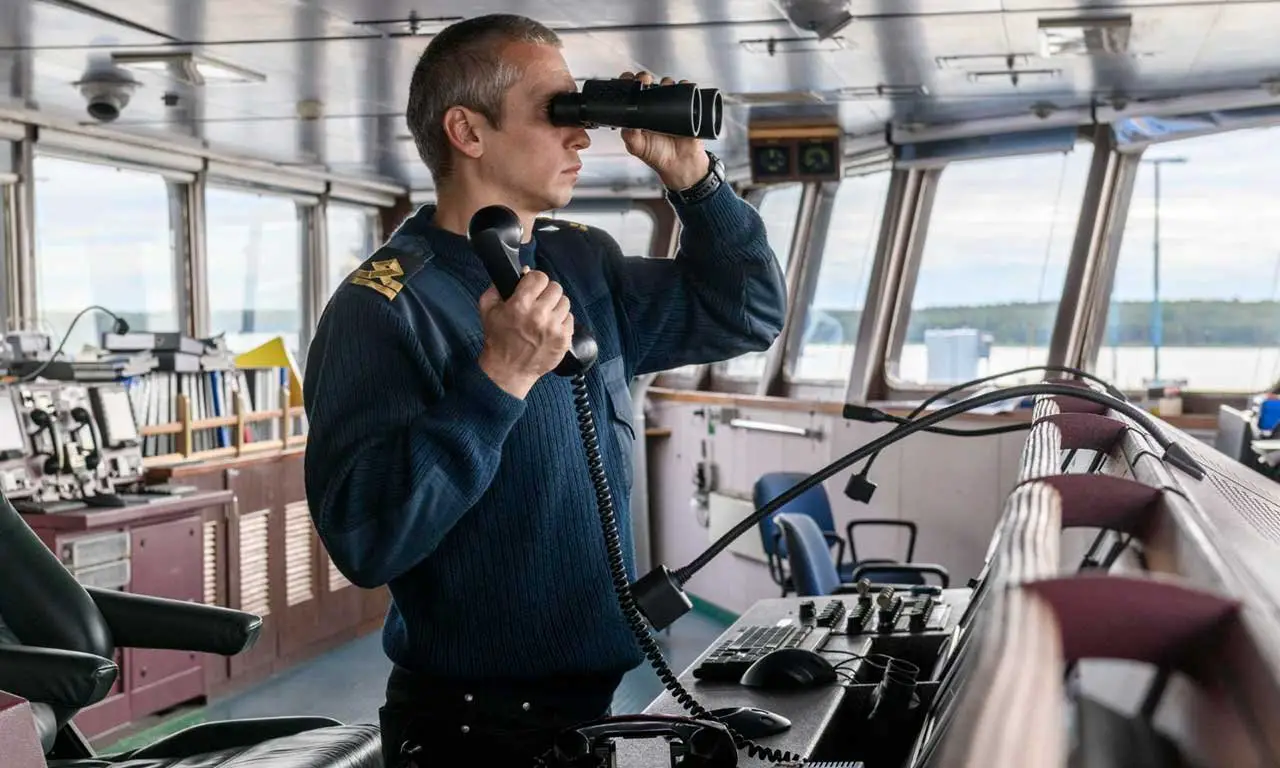Are you dreaming of becoming a captain of a yacht? You may think it’s an impossible dream, but it is certainly achievable! Becoming a yacht captain requires hard work, dedication, and proper training. You need to be a charismatic leader with a knack for leadership who can build a powerful and harmonious crew as a yacht captain. Fortunately, there are various ways to gain the necessary qualifications. In this article, we’ll be discussing how to become a captain of a yacht by outlining the qualifications and responsibilities associated with the job. We’ll also provide tips on how to get started in this exciting career and this yacht rental chicago.
Qualifications to Become a Captain of a Yacht
To become a yacht captain, you must fulfill the qualifications set by the U.S. Coast Guard for an Operator of Uninspected Passenger Vessels (OUPV). Generally, these requirements include having 360 days or more of experience, with 90 days occurring in the last three years, along with valid first-aid and CPR certifications.
Education Requirements
To become a captain of a yacht, you must have specific qualifications. This includes having at least an associate’s degree in marine science or sailing studies and the Coast Guard-approved 100 Ton Master License. Other licenses will be required depending on the size of the vessel and any passengers onboard.
Professional Certifications
Professional certifications are essential for a yacht captain. These may include Marine Radar Observer, First Aid and CPR, Firefighting, and Vessel Safety Checks. It is also helpful to become familiar with the local maritime laws and regulations in your area of operation.
Licenses and Permits
Depending on the type of yacht and where it operates, a captain may need additional licenses and permits. This could include a restricted operator license, gross tonnage certification, inland-waters endorsement, fishing permit, sewage discharge permit, or other special endorsements.
Experience Needed for Captaining a Yacht
To be a successful yacht captain, you must have experience with sailing and vessel operations. You should also know navigation, engine mechanics, and maintenance routines.
Skills Gained Through Hands-on Training
While having the proper qualifications and certifications is essential, experience gained through hands-on training can also be invaluable. This includes practicing sailing in different weather conditions, controlling a yacht under power, docking the vessel safely, and assisting with navigation.
On-the-Job Training
Once you have been hired as a captain for a yacht, you will need to complete on-the-job training. This includes learning to properly operate all the vessels’ systems and components, including the engines, electronics, rigging, sails, mooring lines, and anchors. You also must understand proper seamanship techniques such as anchoring, handling heavy weather conditions, and search and rescue operations.
What Types of Yachts Require Certain Experience
Depending on the type of yacht you captain, specific experience and certifications may be required. For example, a sailing vessel will require different skills than a motor yacht. Additional training is usually necessary to captain large charter vessels that carry passengers.
Personal Characteristics Necessary for Captaining a Yacht
A successful yacht captain requires more than just the proper qualifications and certifications. It also requires specific personal characteristics to help you succeed in this role.
Excellent Communication Skills
As a captain, you must be able to communicate with your crew and guests effectively. This includes having strong leadership skills and the ability to effectively explain and demonstrate safety protocols.
Problem-Solving Skills
Good problem-solving skills are a must for a captain of a yacht. From making repairs on the fly to handling unexpected weather conditions, captains need to be able to think and act quickly.
Knowledge of Maritime Rules and Regulations
A captain must have a working knowledge of maritime laws and regulations. This includes understanding how to navigate in international waters, proper navigation around sensitive areas, and abiding by the rules of the sea.
Essential Knowledge Needed to Captain a Yacht
Other types of knowledge are also important besides the qualifications and certifications necessary to become a yacht captain.
Understanding Weather
One of the most essential skills for a captain is understanding weather patterns. This includes reading forecasts, identifying signs of hazardous weather, and being prepared for any changes in the conditions.
Navigation Procedures and Chart Reading
You must understand navigation procedures, such as plotting a course on a nautical chart and navigating using GPS. Get yourself completely familiarized with nautical chart navigation with this ultimate guide. You should also know tide and current charts, weather forecasts, and ocean-going safety regulations.
Emergency Response Procedures
In the event of an emergency while out at sea, it is essential that you are familiar with the proper response procedures. This includes understanding how to safely evacuate passengers and crew, properly using distress signals, and knowing what supplies are needed for survival at sea.
Sailing Techniques
As the captain, it is essential to understand sailing techniques such as tacking, jibing, and heaving-to. This will help you maneuver your yacht in different sea conditions and ensure the safety of everyone onboard.
Maintenance Skills
As the captain, you should have basic knowledge about the yacht’s maintenance, such as engine repair, hull cleaning, and using sail handling systems. This will help keep your vessel running smoothly and safely.
Basic Boat Handling and Anchoring Skills
Captaining a yacht also requires basic boat handling skills such as docking, anchoring, and mooring. Knowing how to maneuver in close quarters is essential for the safety of passengers onboard.
Advanced Safety Practices and Protocols
Yacht captains must also be knowledgeable about advanced safety practices and protocols such as distress signal recognition, man-overboard rescue, firefighting procedures, and proper deck maintenance. This knowledge will help keep passengers safe while at sea.
Conclusion
In conclusion, becoming a successful yacht captain involves dedication, skill, and adherence to the highest industry standards. Ensuring USCG compliance is crucial for maintaining safety and legality in your operations. By working with captains and crew who are paid directly and have signed paperwork for every charter, you can guarantee professionalism and a seamless experience for your guests.
Investing in better vessels that meet minimum mechanical maintenance standards will enhance your guests’ comfort and contribute to the longevity and reputation of your yacht charter business. And finally, embracing modern technology like the Anchor Captains App can help you stay organized and work independently, streamlining your operations and allowing you to focus on providing an unforgettable experience for your clients.
By following these guidelines and prioritizing safety, quality, and customer satisfaction, you’ll be well on your way to a successful career as a yacht captain. So, set sail and embark on the exciting journey of captaining a luxurious yacht!


















